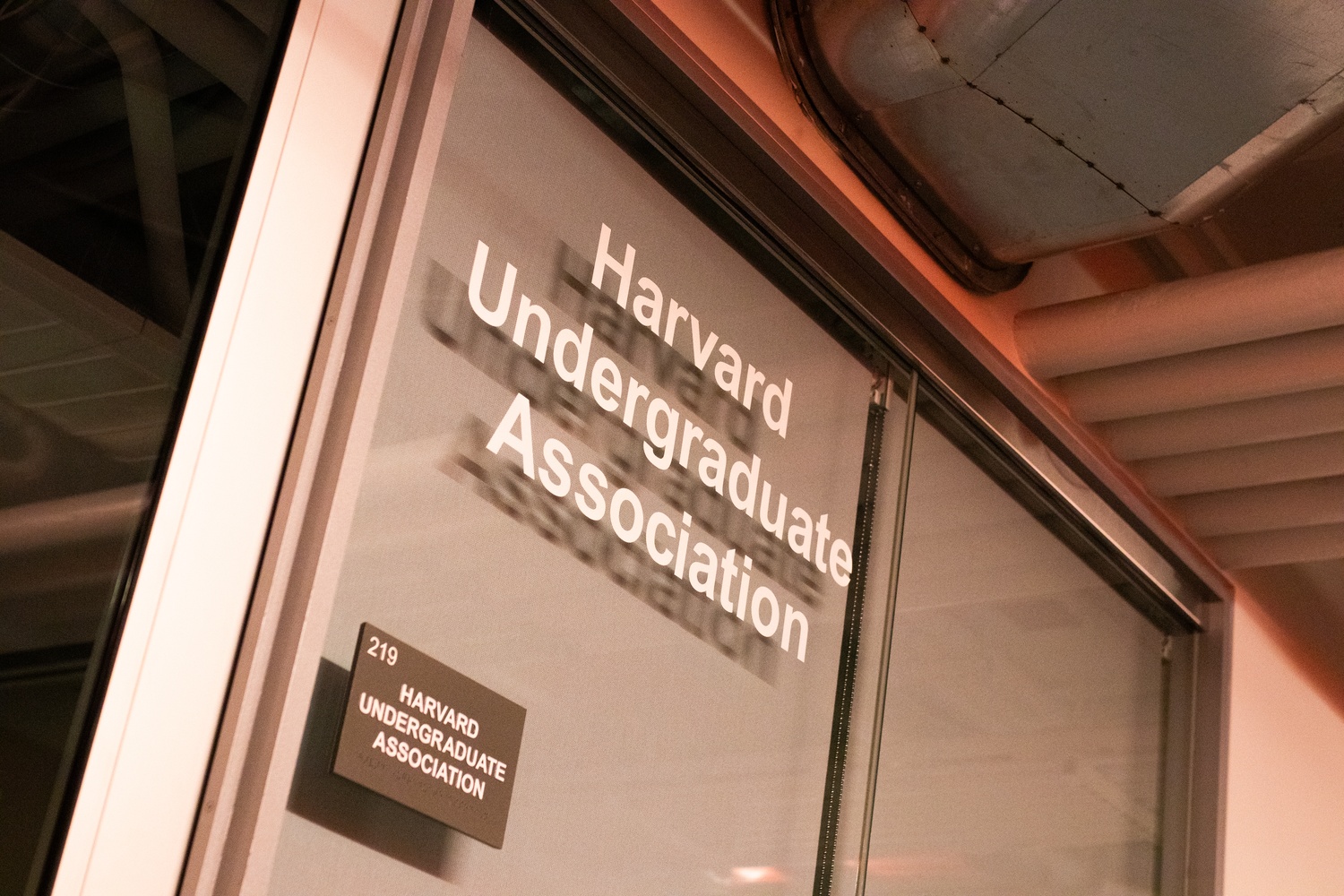Losing (It): The Small Spectacle of Student Government
I deserved to lose the HUA election.
I want to get that out of the way. This piece isn’t sour grapes or arguing why I should have won. It isn’t my “107 Days” or “What Happened.” It certainly isn’t advice on how to avoid my fate and win elections — I wouldn’t know anything about that.
What I do know, however, is that elections at Harvard, and perhaps everywhere, serve a dual role. Ostensibly, they’re about choosing a person to complete a task, whether that’s negotiating anti-ballistic missile treaties or allocating Student Activities Fee funding — tasks of obviously equal immensity.
But at a status-oriented, quasi-aristocratic school like ours, the real purpose is deciding who is worthy of a top honor.
The College is, unsurprisingly, competitive to its core. Almost a quarter of its students served as student body president in high school. Some say it possesses a “political social scene,” one enacted through insincere “we need to catch-ups” and the infamously superficial coffee chats.
Running for office on such a highly residential campus amounts to reifying the implicit politics of college life. It requires a high pain tolerance, an embrace of cheuginess, severe cognitive dissonance — or better yet, all of the above. There is something deeply awkward about trying to convince your classmates and neighbors, highly accomplished in their own right, that you, of all people, deserve to be their president.
Then too, perhaps we candidates make it worse for ourselves — and everyone around us — by barricading the Science Center Plaza and throwing flyers in everyone’s faces.
But the biggest peculiarity is how serious it all seems. Why does a college student need a campaign team and professional headshots? Do we really need an Election Commission with regulations arguably stricter than the FEC’s?
We approach this mock government with complete solemnity, as if we’re unaware of the reality surrounding us. We relegate our classmates to mere voters, pawns in our political games. We debate in front of a nearly nonexistent audience for an election where most students don’t even vote. The emperor doesn’t know he wears no clothes.
Of course, I am not completely immune to these criticisms. Even now, I can’t help but laugh at myself for writing an endpaper about “my life after the election.”
In trying to win this election, I forwent just about everything. Most of my classes let students miss one lecture and one pset, and I saved all of my skips for that one election campaign week. (In that moment, I needed Harvard to be too easy.) I also tested the limits of how little food and sleep I needed to remain upright — ultimately, the election trumped these luxuries.
Long story short, I ran, I lost, and I lived to tell the tale. I spent every ounce of whatever political and social capital I had accumulated — all just to lose. I say that, truly, without any grievance. During the campaign, a friend cautioned me that I should prepare emotionally for the possibility that I may not win. I simply told them that the only way I would invest the resources necessary to win was to believe I would. So, no regrets.
But what am I to do after losing, surrounded by the people who voted not to send me further?
It’s easy for my thoughts to spiral into the all-too-easy conclusion that I’m a loser, it’s all downhill from here, and most people on campus think I’m annoying. That’s what Sidechat would have me believe, anyway.
But some 400 people did vote for me. I don’t say that to brag. (It wouldn’t be a very good one, considering the winners got 1,100 votes.) A number aggregates and masks the non-fungible humans in an election. It’s easy to miss the trees for the forest.
It may be that all elections — and by extension, all governments — lose their direct touch with humanity through this process of summation and wholesale campaigning.
I won’t pretend I know that for certain, and even if it’s true, I won’t pretend I know a better way. I have many thoughts on how to reform the HUA, but the one thing history suggests is that any form of government has the potential to fail, especially those run by Harvard students.
More generally, I’m left with the mid-college crisis of a Government major, wondering how effective a career in government can actually be, with all of the pressures of campaigning and politicking exaggerated. In a way, this election was simply a harbinger of what my future could be — if I were audacious enough to don the crown and no clothes again.
But I won’t say something a politician would say to their supporters, like “Thank you for entrusting me, and I’ll keep working for you through whatever avenues I can.”
Instead, I’ll say from one college student to another: Sorry that the campaigns are so annoying. It won’t happen again (until the next Mamdani-wannabes do the same thing this spring).
—Matthew R. Tobin, a Crimson editorial editor, can be reached at matthew.tobin@thecrimson.com



